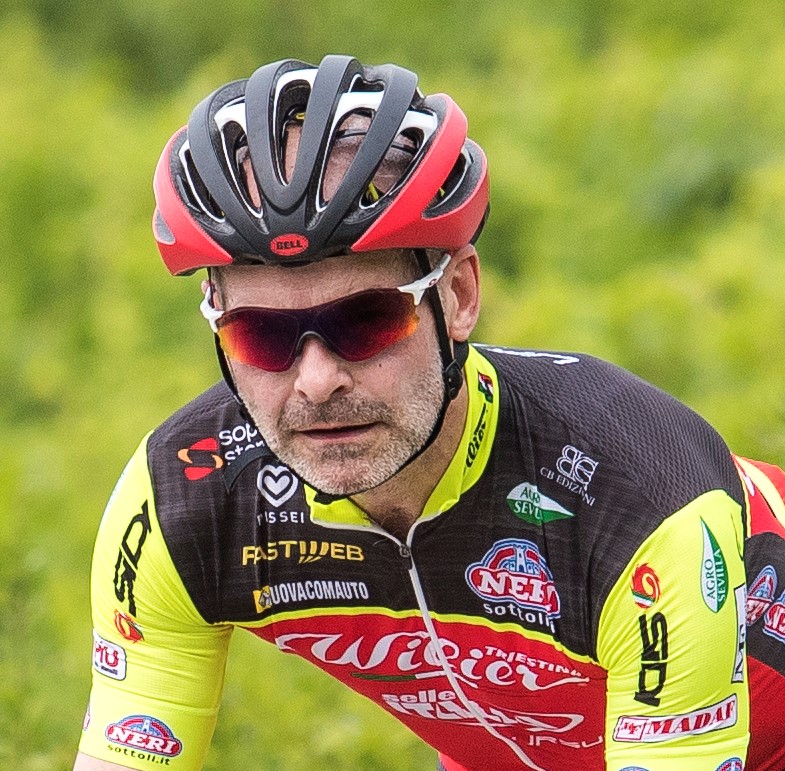Power meter specialist SRM has launched a pair of crank arms for its Origin modular power meter system with swappable crank tips, enabling you to experiment with different crank lengths without needing to buy a whole new crankset or power meter.
The new SRM Origin Aero Aluminium cranks include seven crank tips, each anodised in a different colour. The crank tips bolt to the crank arms and enable you to alter the crank length in 2.5mm increments from 160mm up to 175mm.
SRM says the Original Aero Aluminium is its narrowest crankset to date, with the wide, flat crank designed to offer low drag and high pedalling efficiency.

The SRM Origin Aero cranks' Q-Factor of 144mm for road bike use is also notable because it’s significantly narrower than that of standard cranksets. Shimano road cranks have a Q-Factor of 148mm, for example, which rises to 151mm for GRX gravel cranksets and as much as 176mm for its MTB cranksets. The 140mm crank Q-Factor is more typical for track bikes.
Pros have been steadily decreasing their crank length over the past few years. Jonas Vingegaard, for example, was riding with 160mm cranks on his Cervélo S5, when we checked his bike out at the start of the 2025 Tour de France. We’d spotted him experimenting with 150mm cranks earlier in the season.
Tadej Pogačar, meanwhile, typically rides 165mm cranks.
You can read the pros and cons of different crank lengths in our detailed post on the best crank lengths for cycling.

The SRM Origin Aero Aluminium crank arms work with SRM’s Origin modular power meter, which can be used with a range of SRM crank designs. The Aero Aluminium is the newest option – and, at €2,015, the most expensive.
Factor in the €1,210 price of the power meter spider (available in five colours to match at least some of your crank tips), plus up to €336 for the Carbon-Ti chainring option, and you’re looking at around €3,561 for the complete setup, without a bottom bracket spindle.
After that, experimenting with your crank length is free, though.






